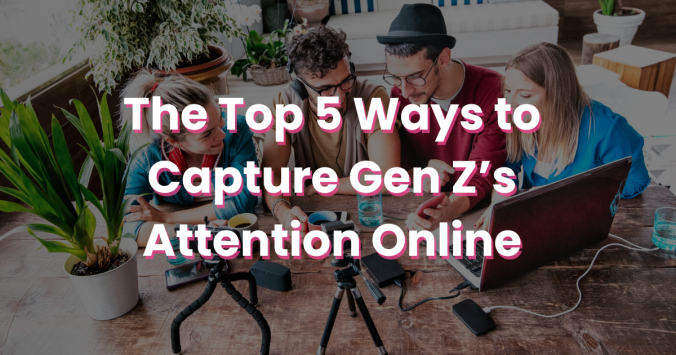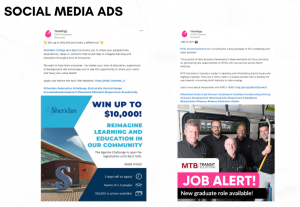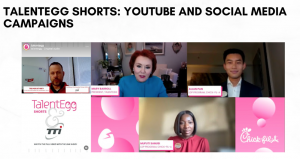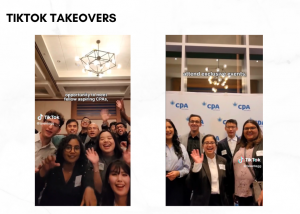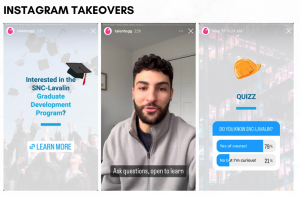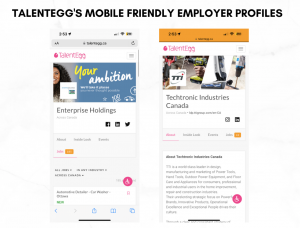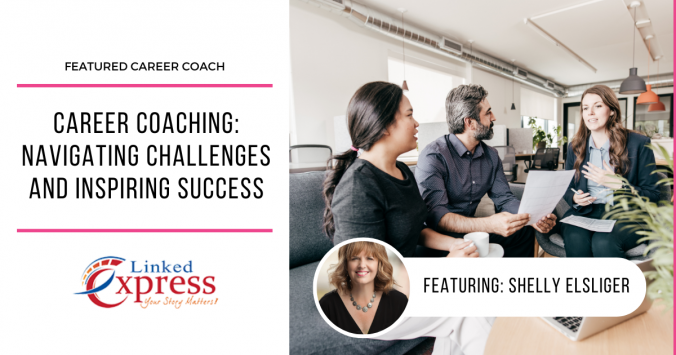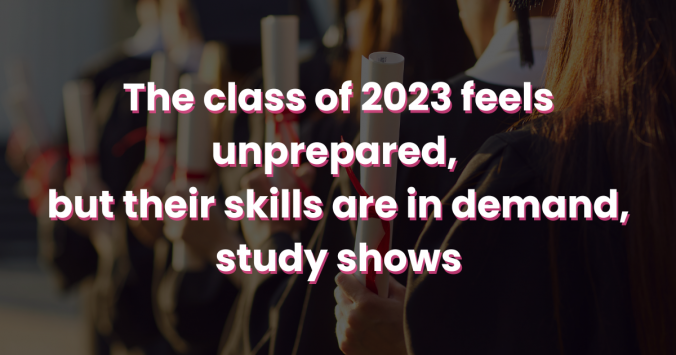As the world continues to evolve rapidly, the role of career educators becomes vital to the success of young professionals. They are crucial in guiding and supporting students in their career development journey. However, career educators must stay up-to-date with the latest trends and strategies to fulfill this role effectively. Here are five key things every career educator should know to help students thrive in today’s competitive job market.
Industry Insights and Labor Market Trends
A career educator’s greatest strength is their extensive knowledge of industry insights and labour market trends. Understanding diverse industries enables educators to guide students with timely information on sought-after jobs, emerging fields, and valuable skills. This knowledge empowers educators to help students make informed career decisions and acquire skills essential for meeting market demands.
Technology and Digital Skills
In today’s digital age, technological proficiency is no longer an option but necessary for career success. Career educators must familiarize themselves with the latest technology trends, tools, and platforms used in various industries. This will allow them to educate students on essential digital skills such as coding, data analysis, social media management, and digital marketing. By equipping students with these skills, educators empower them to navigate the digital landscape and seize opportunities in the digital economy.
Career Exploration and Personal Branding
Career educators aim to help students explore different career options and discover their passions and interests. They assist students in conducting self-assessments, identifying their strengths and weaknesses, and aligning them with potential career paths. Additionally, educators should guide students in building their personal brand by developing their resumes, creating online portfolios, and leveraging networking opportunities. Teaching students how to market themselves effectively can significantly enhance their employability and competitiveness in the job market.
Networking and Mentorship
Networking is vital in career development, and educators must emphasize its importance to students. Educators can help students build and expand their professional networks by informing them of networking events. This will facilitate connections with alumni and industry professionals and encourage participation in relevant industry associations and conferences. Furthermore, it is essential to promote mentorship programs that connect students with experienced professionals who can provide guidance, support, and industry insights.
Soft Skills Training and Adaptability
In a rapidly changing world, learning is a lifelong endeavour. It is imperative for Career educators to instill a growth mindset in students, encouraging them to update their skills and knowledge continuously. Introducing students to various learning resources such as online courses, webinars, and professional development programs will set your students up for a lifetime of success. At Talentegg, we offer E-learning courses to enhance your student’s soft skills and enhance your career educator tool kit. With our comprehensive course offerings and user-friendly interface, TalentEgg’s E-Learning platform can be invaluable in empowering students with the skills and knowledge they need to succeed in today’s competitive job market.
Conclusion
Being a career educator is a rewarding yet challenging role. Educators play a crucial role in empowering students through their career journey. Keeping on top of industry insights and relaying the proper information to students is vital for their success. By fostering a culture of adaptability and continuous education, educators can empower students to thrive in dynamic workplaces and embrace new career opportunities.

